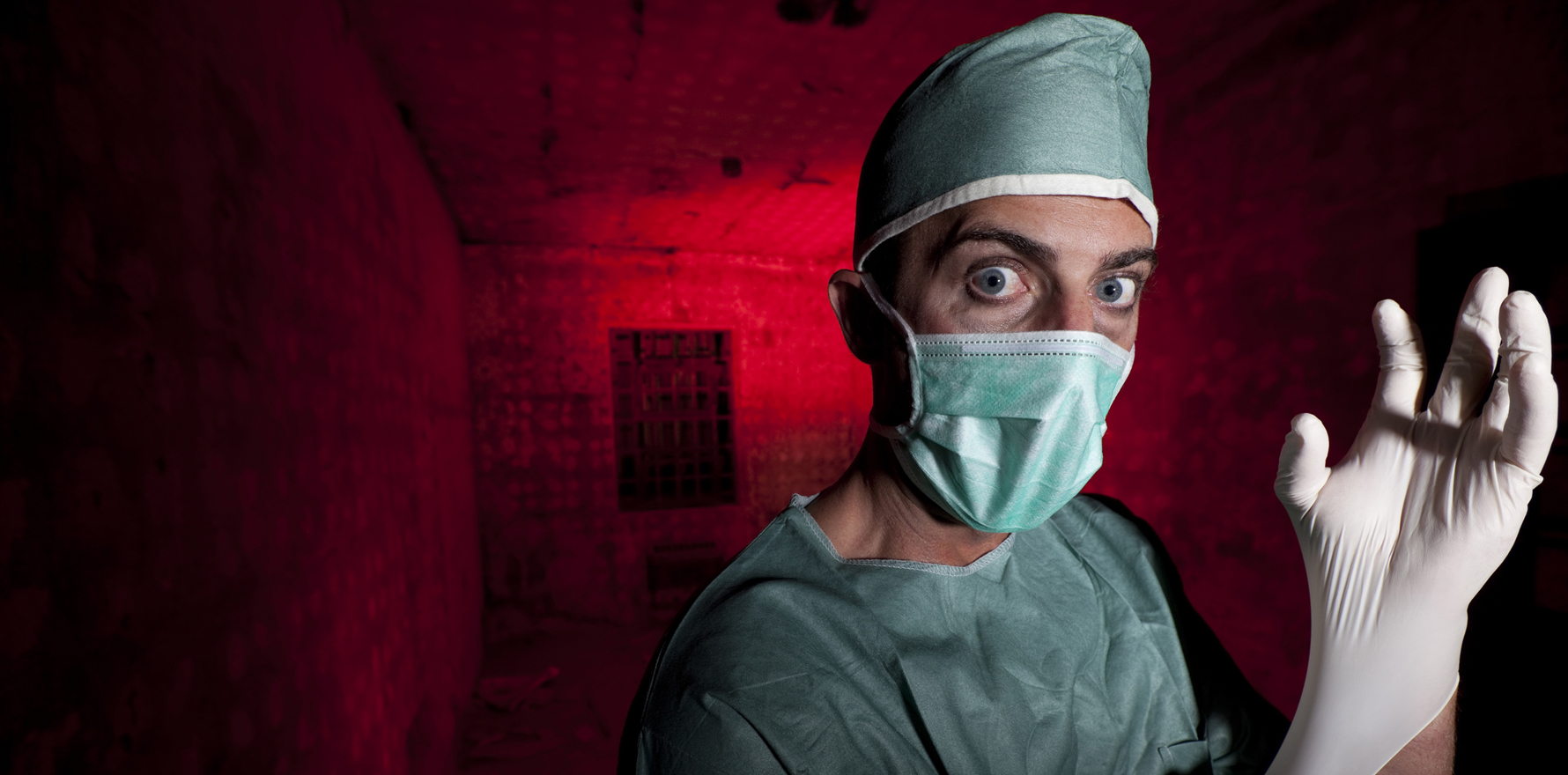According to the zeitgeist and most “sick underdog comes good” movies, doctors are evil people, who went into medicine so they could stomp around telling everyone there is no hope
Last week a technical glitch during the RACP exam jeopardised years of study for junior physician trainees.
You really have to have studied for years after and before work, around your family, your personal life and instead of having holidays, to understand how unbelievably crap the situation is, but there was a current of nastiness in the public response to the debacle.
Amidst the empathy for the doctors was plenty of “suck it up princess,” and “well, if you can’t cope with this you’re no doctor”. Most of it is non-specific tall poppyism, which I learned long ago to take as a compliment. It just reminds me of how ready our culture is to put those perceived as high achievers in their place. But after the picture of the crying doctor, next in my Stalkbook feed is a viral video with the title:
“Doctors told him he’d never walk again. He showed those jerks!”
According to the zeitgeist and most “sick underdog comes good” movies, doctors are evil people, who went into medicine so they could stomp around telling everyone there is no hope. They are the same people who want to put antidepressants in the water, keep high fructose corn syrup a secret and inject children with autism.
Apparently we deny treatment but also force drugs on people, talk in condescending terms but never explain anything so lay people can understand, sneakily give fatal doses of morphine to palliative patients but deny people a dignified death by euthanasia.
Even the medical periodicals, who could maybe be a bit closer to our corner, scold me weekly: “GPs failing the country on obesity,” “Chlamydia still going undetected,” “Depression in men under-recognised,” “damning report into delayed polycystic ovary diagnosis.”
I really should stop building those pedestrian unfriendly freeways and emasculating the men I pass in the street. I have been planning to approach overweight women with acne in the shops and ask if their periods are regular, but I’m too busy organising unprotected sex parties for homeless teenagers and delivering doughnuts and iced coffee to Sydney commuters languishing in their stationary cars.
I am another human. My brain is made of fleshy squidge. Sometimes, it makes mistakes, delays, miscalculates. You cannot imagine how it feels when I do, and the lengths to which I go to prevent it happening.
I’m going to make a confession. Yesterday I lanced a boil on someone’s finger. I was dressing it when the patient interrupted me.
“Oh, you’re doing all my fingers?” she asked.
I wondered what she was talking about and continued bandaging. She stopped me and waggled the finger, laughing a little. I was bandaging the wrong finger. For a moment my heart stopped, and I thought I’d inexplicably also lanced the wrong finger. Luckily I hadn’t and luckily she was a good tempered frazzled mother who understood how such things could happen on a Monday morning prior to coffee, but still! I went and had a short black and a self scolding. I figured the guy whose cardiac medications needed tinkering would do well to wait.
This was a bandaid to the wrong finger. Can you imagine how we react when we make a real mistake? The binding of non-malfeasance runs deep. First do no harm. When harm is done instead of good, through neglect or error, or through mongrel bad luck, it feels like I’ve hit a baby in the face. It is sickening.
I have colleagues and friends who still suffer the psychological effects of that time the completely unpredictable, uncontrollable, or untreatable happened, and they were left looking at a corpse. It can look like a mistake but it often isn’t. It’s whatever the other thing is that we disagree on – bad luck, providence, fate, entropy.
Having said that, I get plenty of praise. Someone told me last week I was the best doctor she had ever seen (I suspect I was also the first). People at parties tell me their doctor is their favourite person, has changed their life. They rave about their kind, knowledgable specialists. They smile and thank the cardiologist who tells them their heart is failing.
I am awed, on a daily basis, by the generosity, stoicism and grace of my patients. And to be honest, I’d rather they and the population at large kept me in the opposite corner. I’d rather have all the ungracious criticism in the world, if it keeps me scared, honest and suspicious.
Being a tall poppy means also being a strong one, and if it means the public hit you when you’re down, when you’ve lost eighteen months of your life to a computer glitch, so be it. I know to whom I’ll turn when serious illness comes gunning for me – the ninja doctors who fight disease while up to their waists in negative public opinion.
So there’s not anything I really want to change, except maybe those medical periodical headlines. The doughnuts really aren’t my fault.
Dr Elizabeth Oliver is a Sydney GP who blogs at ThatLadyDoctor.com.


